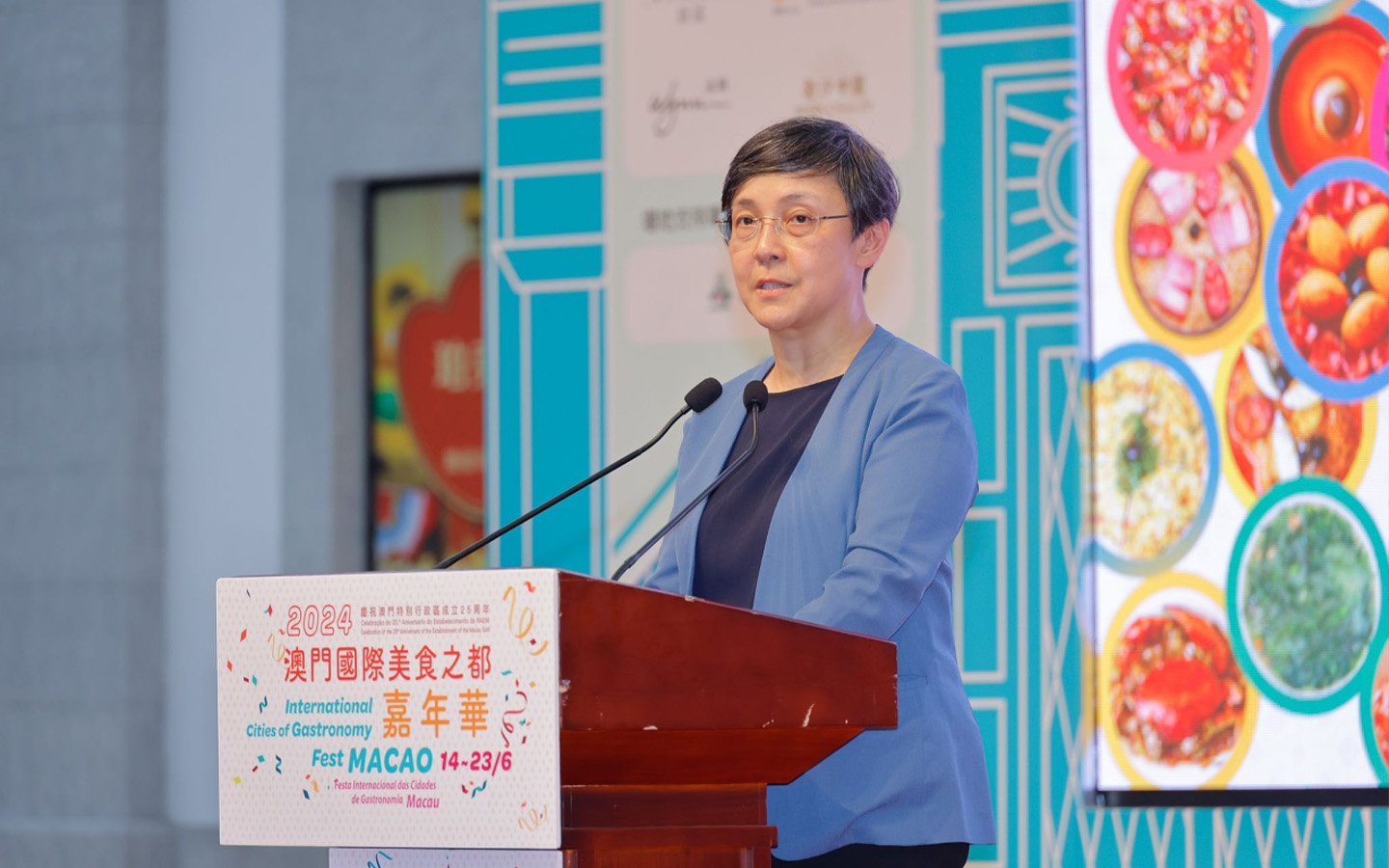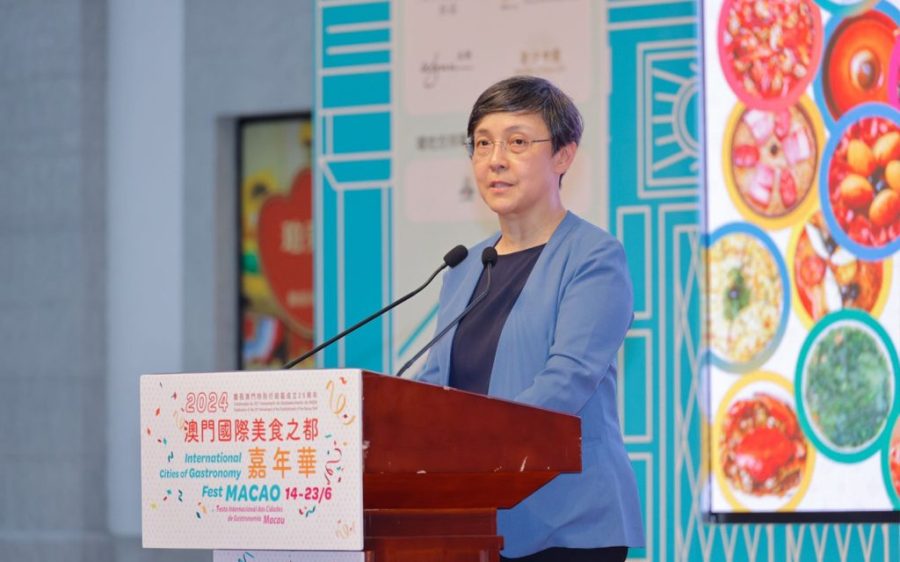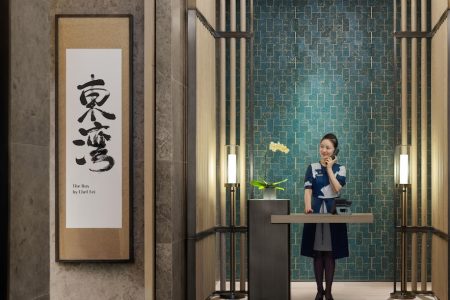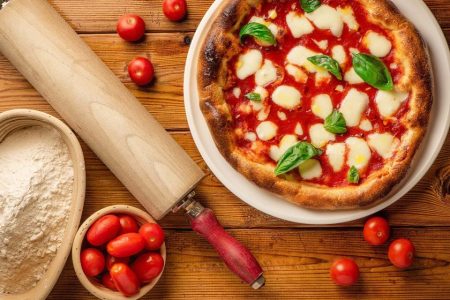The International Gastronomy Forum, which is being held in conjunction with the International Cities of Gastronomy Fest Macao, kicked off this morning at the Macau Fisherman’s Wharf Convention and Exhibition Centre. Bringing together regional representatives from different sectors of the food service industry, this edition of the forum is based on the theme of “Holistic Gastronomy: Eat well, live well,” and is aimed at facilitating dialogue on the joint development of gastronomy and wellness
The event began with an opening speech by the head of the Macao Government Tourism Office (MGTO), Maria Helena de Senna Fernandes, who said that the SAR had “forged ahead with a range of initiatives for the development of the creative cities of gastronomy, in support of the United Nations 2030 agenda for sustainable development,” since Macao’s designation as a City of Gastronomy in 2017.
She highlighted the importance of gastronomy, noting that “it is one of the central drivers for tourism and economic development for many countries, and especially Macao,” adding “We hope the forum will spark innovative ideas and also inspire thinking in diverse angles, providing great enlightenment for the tourism and catering industries.”
Senna Fernandes’ speech was followed by a keynote address from Manav Tuli, the founder of Leela, a contemporary Indian restaurant located in Hong Kong. The award-winning chef spoke about an Indian approach to holistic gastronomy and well being.
“Pure healthy food is a path towards the highest spiritual goal,” Tuli said. He noted that the Vedas, a sacred Hindu text, recognises the importance of eating healthy, as it stresses that “the stomach is the birthplace of all illnesses.”
He also spoke about genetically modified food, noting that it has a direct impact on the taste of food and that “we need to keep away from the sorts of processes that modify our food so radically that it is potentially harmful for our body.”
[See more: Macao prepares to host the International Cities of Gastronomy Fest]
A panel discussion on the relationship and development between gastronomy and health in Macao was also organised. Moderated by Lee Williamson of the South China Morning Post, the event featured six panellists, including Andreea Apostol, a plant-based chef; Jeremy Evard, the vice president of signature restaurants operations at SJM resorts; Adolphus Foo of SommAsia, a beverage education and consultancy firm; Abbi Grace of the Hong Kong-based restaurant Mono; André Lai, the executive chef of Andaz Macau; and Kenneth Law, the culinary operations director of Studio City.
The speakers touched on the topic of holistic gastronomy and its definition. Grace said that “holistic extends beyond just the actual food itself and also includes lifestyle [and agriculture].”
As a representative of the beverage industry, Foo stated that holistic gastronomy is reflected in his guests’ demand for organic wine and concern for the sustainability of products. “A lot of people want to be healthy, especially the next generations,” he said.
Meanwhile, Apostol stressed the importance of imbuing food with love for cooking, stating that “clients can feel when the chef was not in a very good mood.”
First inaugurated in 2016, the International Gastronomy Forum was also held in 2018 and 2019 before it was suspended during the pandemic.
Previous themes included “Power of Gastronomy,” “The Potential of Gastronomy” and “The Possibilities of Gastronomy and Creativity.” This year marks the event’s post-pandemic return as part of the inaugural International Cities of Gastronomy Fest Macao, which will run for 10 days between 14 and 23 June.
Macao News is an official media partner of the 2024 International Cities of Gastronomy Fest.






